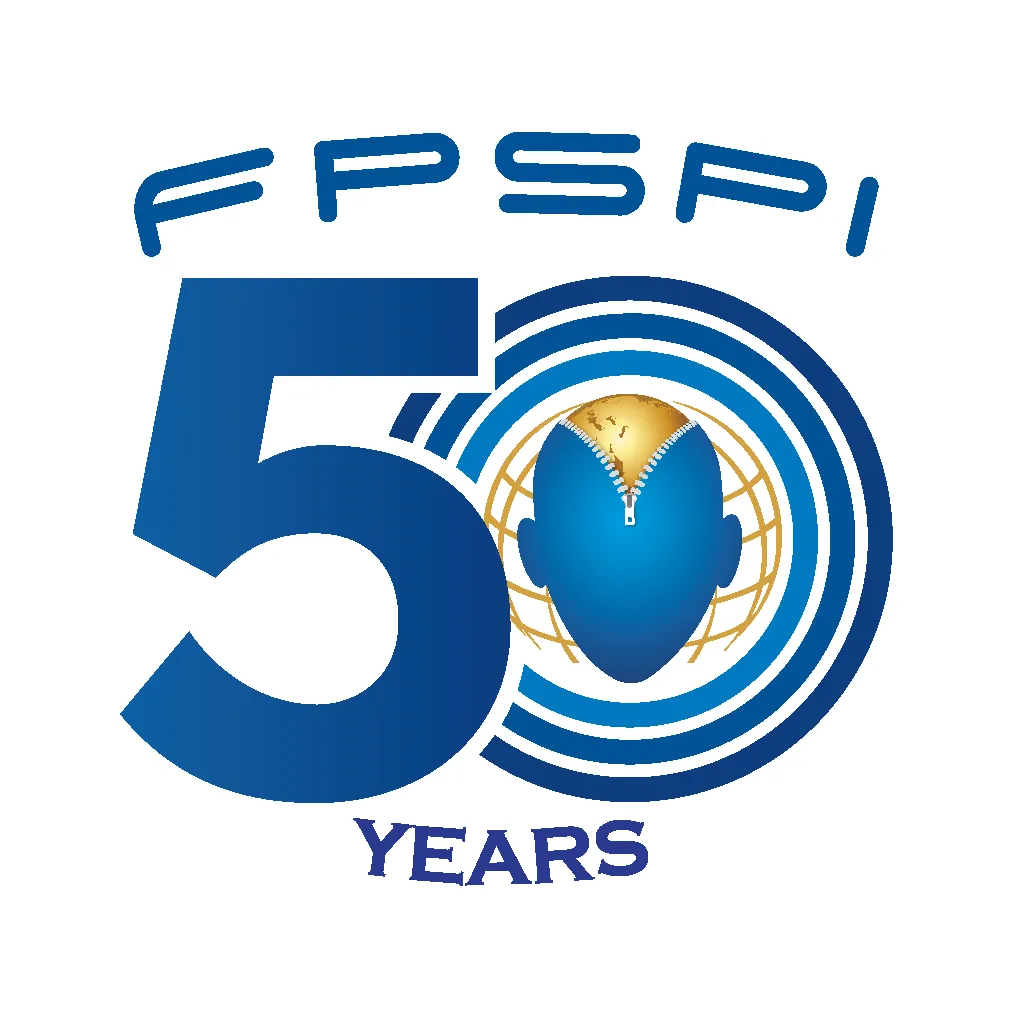Students can participate in Global Issues Problem Solving as individuals or in teams of up to 4 students, from years 5/6 (junior division), 7-9 (middle division), and 10-12 (senior division).
In a year-long program, students work their way through two Practice Problems (Terms One and Two) before tackling the Qualifying Problem in Term Three. Teams also have the chance to complete an Optional Problem Four (4) in Term Four.
Students conduct in depth research into each topic, and practice using the six-step model. They prepare and submit a booklet for evaluation, and our team at FPS independently reviews each booklet providing constructive and detailed feedback. This feedback mechanism is one of the Program’s major strengths, assisting students to grow and develop.
The first Practice Problem requires students to use only the first three steps of the problem solving process. The remaining steps are added for Problems Two, Three and Four, utilising the entire six-step process. The first two and fourth problems, as their name implies, provide opportunities to learn and practise the FPS process. A rubric-based authentic evaluation is provided for competitors, giving students tools for continuous growth. Scores, comments and rankings are supplied to inform teams how they are progressing. The Problem 4 booklet may submitted for evaluation if either Problem 1, 2, or 3 were not submitted or an additional $50 fee is paid.
In the Qualifying Problem (Problem 3) and in the National Final, there is a strict time limit of two (2) hours for the completion of the booklet. Students have knowledge of the general topic, but they do not see the actual future scene until it is presented to them at the beginning of the two hours for the booklet analysis.
Based on their performance in the third Practice Problem (Qualifying Problem), the top 10 - 15% of Junior, Middle and Senior participants qualify to participate in the National Finals, which are held in October each year. The champion and second-placed teams from this National Final are invited to represent Australia at the FPSPI International Conference held in the USA the following June.
For the cost of a single individual or team registration, teachers gain access to the program material and can teach the program to as many students as they wish. (However, booklets can be evaluated only if a team/individual has been registered.) Additional registrations can be added throughout the year.
While the Global Issues Problem Solving provides the opportunity for students to test their problem solving skills against other students across Australia and Internationally, it is more than a competition. It teaches real-life skills and techniques that are widely used across a range of industries - commercial, government and NGOs.





